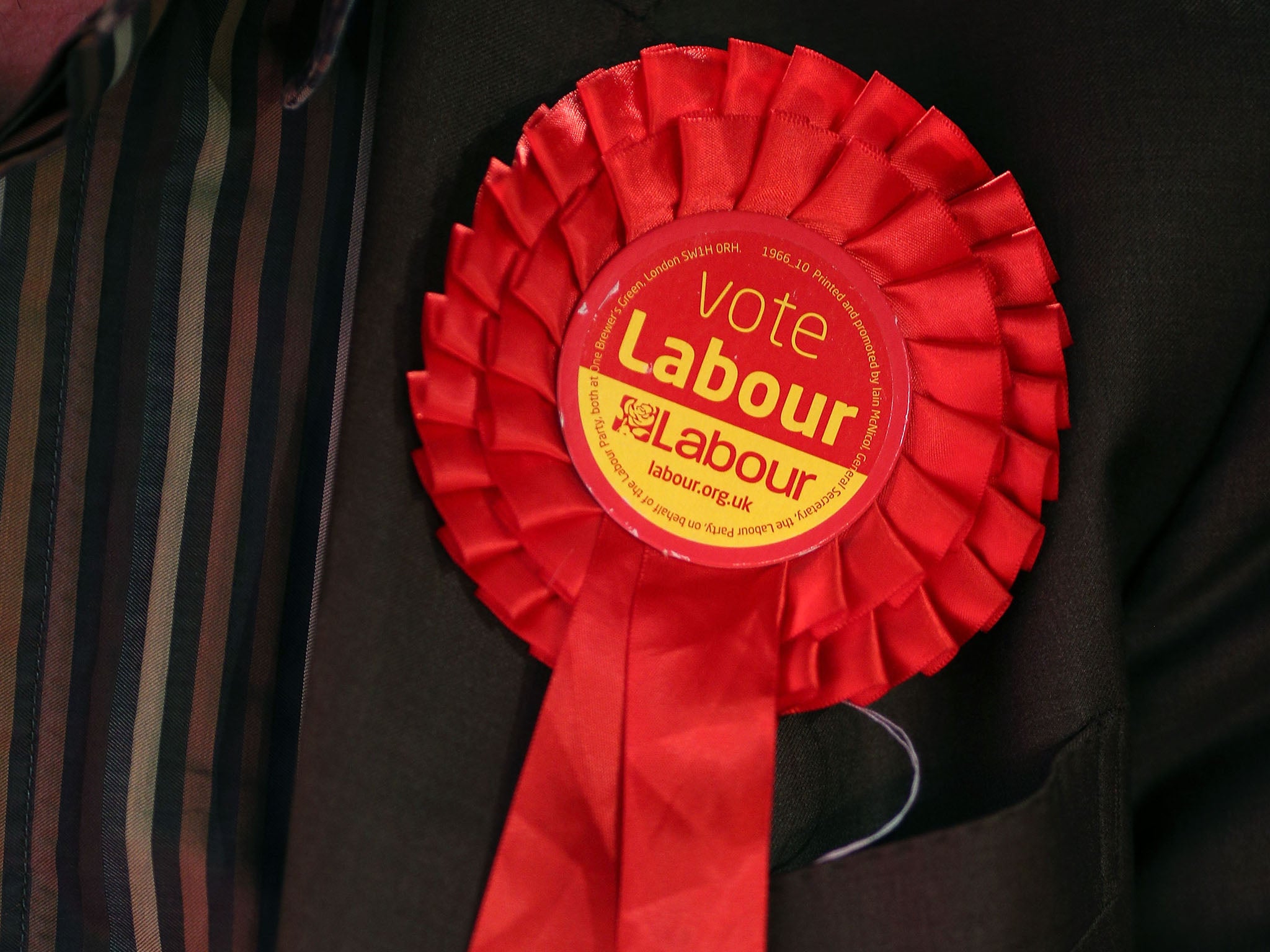Can Labour stop bickering about this list for one moment, so we can actually get to work on defeating the Tories?
Scandals like the Labour MP list make for good comment fodder but, quite frankly, I find it a boring, albeit depressingly effective, distraction from real life politics


The week after the Tory civil war broke out with Iain Duncan’s Smith public condemnation of his own party’s economic plans, a list categorising Labour MPs and their support for Jeremy Corbyn made it into the press. Where did the list come from? Who knows, and since we’re unlikely to find out, who cares. It’s just a distraction from the important issues: Labour need to look beyond Westminster spats and form an economic narrative.
Let’s get one thing straight: Jeremy Corbyn was elected on a landslide victory with 59.5 per cent of the vote. His meteoric rise was, in part, down to a vacuum of ideas and a dearth of persuasive skills from his fellow leadership contenders. There is a lot of work to do, but he is the only person who can lead the party into the next general election.
Nevertheless, the now infamous list has, understandably, sparked controversy in the Labour camp. The timing of its publication is convenient for David Cameron; the same week his own party looked set to crumble around him, this divisive document sees the light of day and using it as a shield he’s able to slide through PMQs unscathed. Importantly, Corbyn’s team have denied all knowledge of the list and who’s to say where it originated.
What we can say for sure is it’s reignited the anger simmering in a small number of MPs who will take any opportunity to destabilise the leader. It might make for good comment fodder but, quite frankly, I find it a boring (albeit depressingly effective) distraction from real life politics. The effect of the Conservative’s budget on the population or the possibility that specialist services for women of colour face extinction – these are the issues that matter.
Regardless of its origins, the list has now made its mark in more ways than one. The furore produced by the list is proof that the Labour leadership need to shift their focus beyond Westminster and the internal divides within the party. The best way to form Labour cohesion – even if it’s a patchy half-sewn together kind – is on the economy.
The anti-cuts approach Corbyn has been championing since austerity first took root is now accepted as a viable one. Even ex-Tory supremo Iain Duncan Smith isn’t quite so convinced by his party’s plans for the economy. Osborne and co. are needlessly splintering society because, in Duncan Smith’s words, they are too “narrowly focused on getting the deficit down”. Duncan Smith’s fiery resignation letter last week is still an opportunity for Labour to slam a government that prides itself on competence and offer their own solutions to the country’s problems.
However, that also means uniting behind an economic narrative. When consensus economics was brought to its knees at the 2008 financial crash, the left stood largely speechless. Meanwhile the Tories were busy at work, weaving a facetious story of an incompetent Labour government who spent too much. The only solution, they said, was cuts. To change this tale, Labour need to make anti-austerity politics real with humanising stories and a clear overarching message. It would do the party well, too, because there is largely agreement on the economy.
A chaotic party at war with one another: this can’t be the public’s dominant perception of Labour. Disagreement might be inevitable but the message Labour sends to the public isn’t.
Join our commenting forum
Join thought-provoking conversations, follow other Independent readers and see their replies
Comments
Bookmark popover
Removed from bookmarks